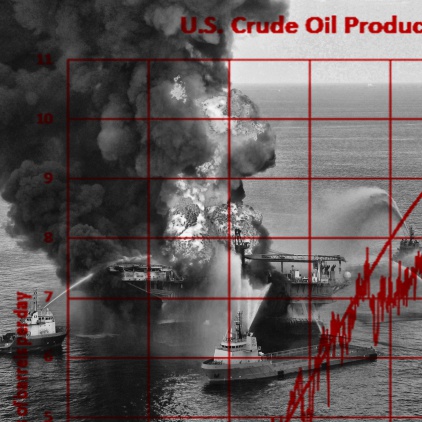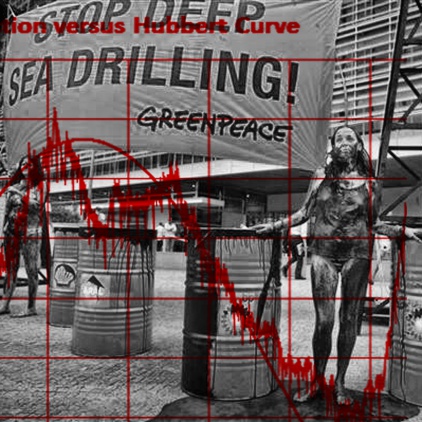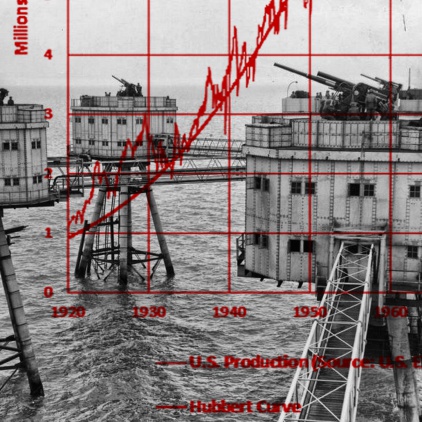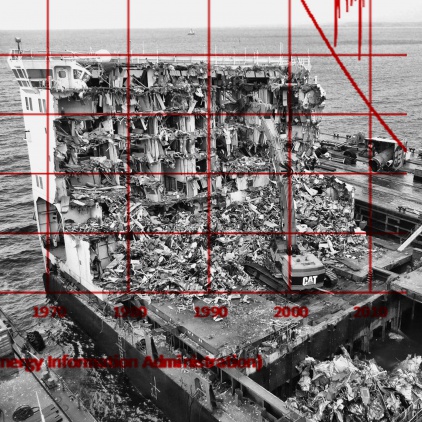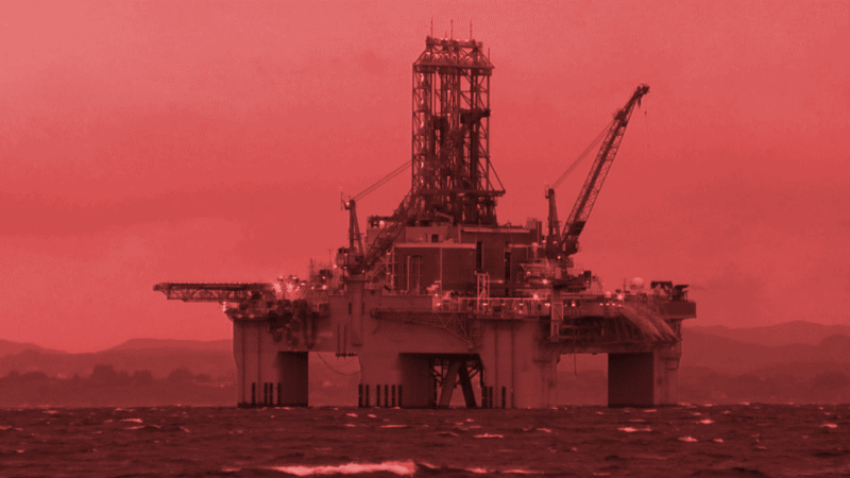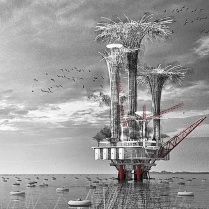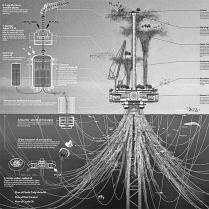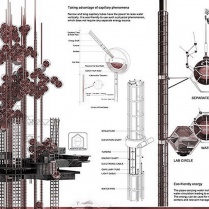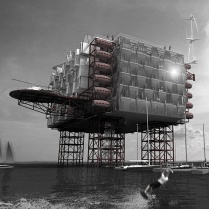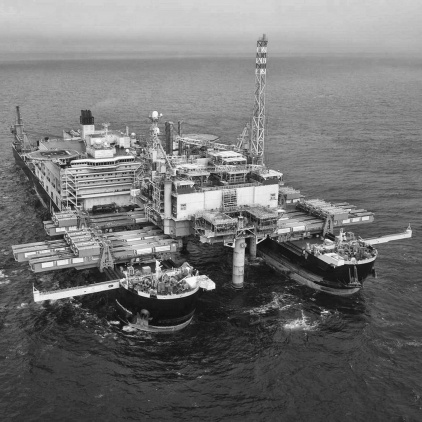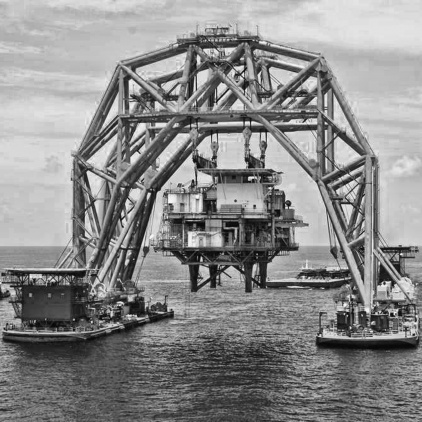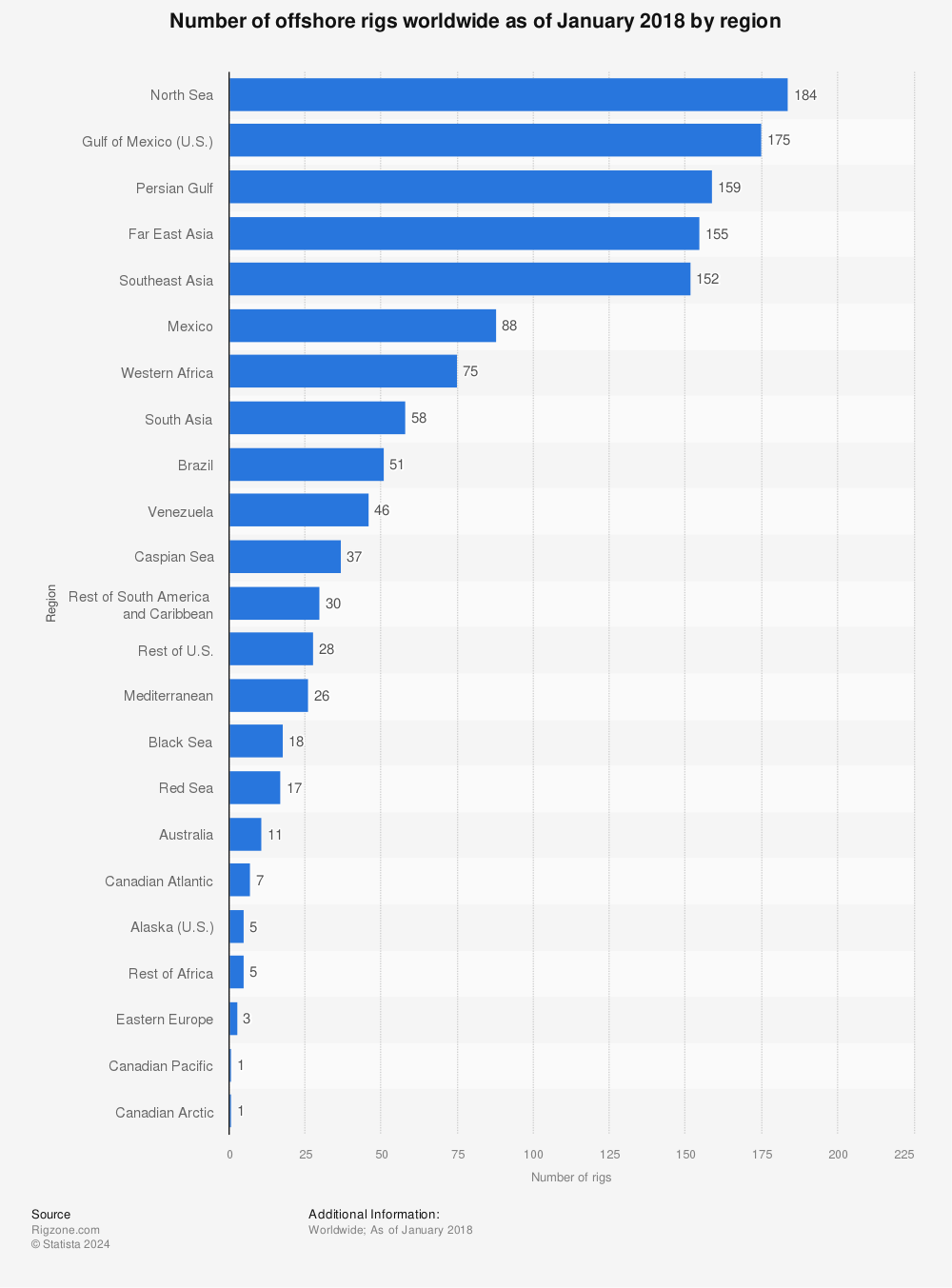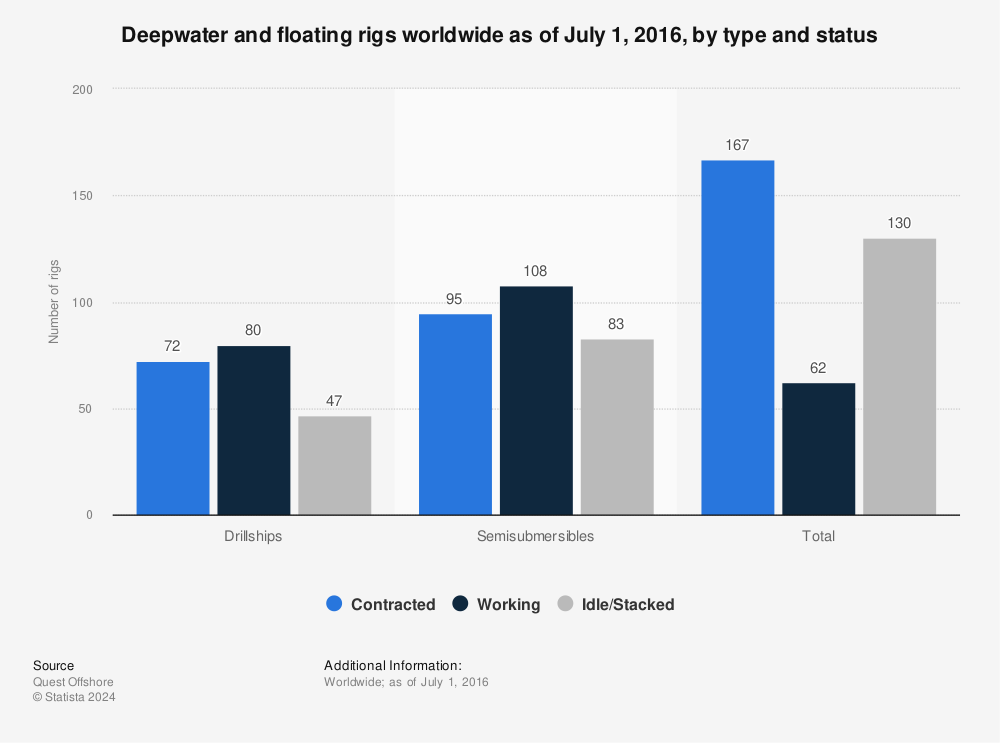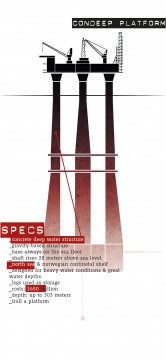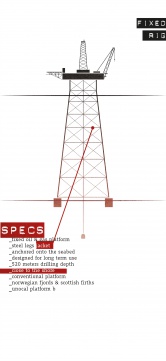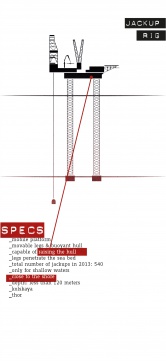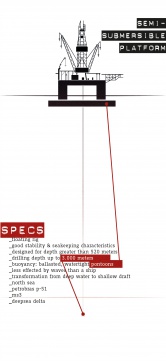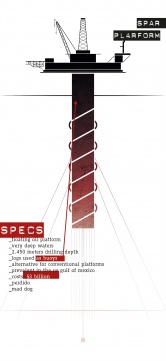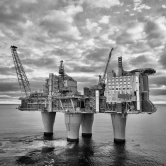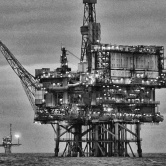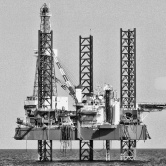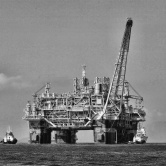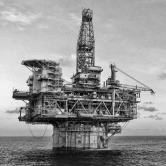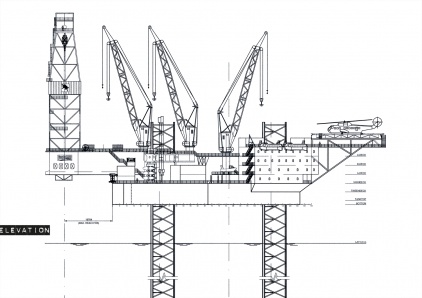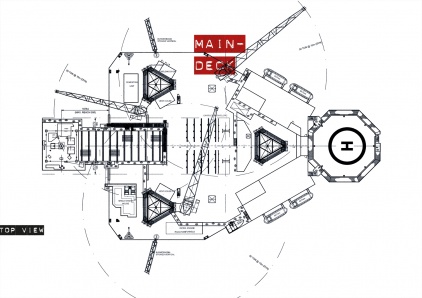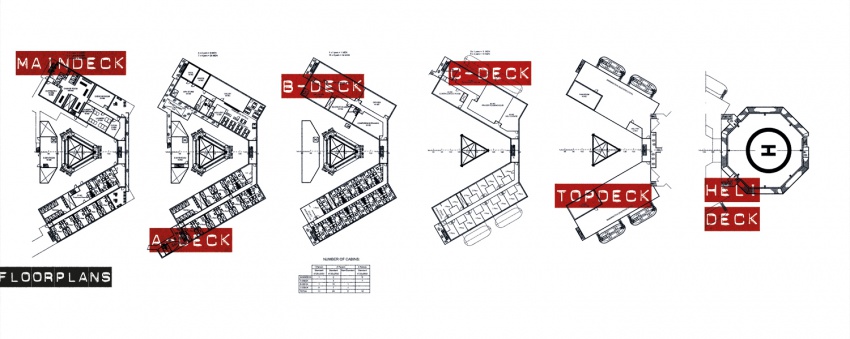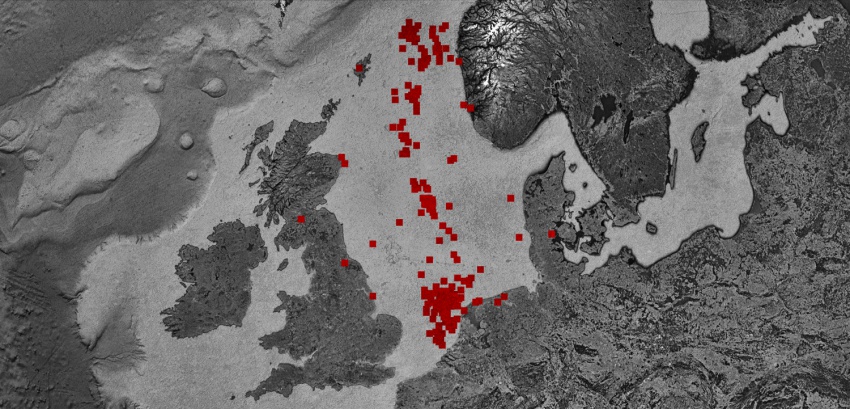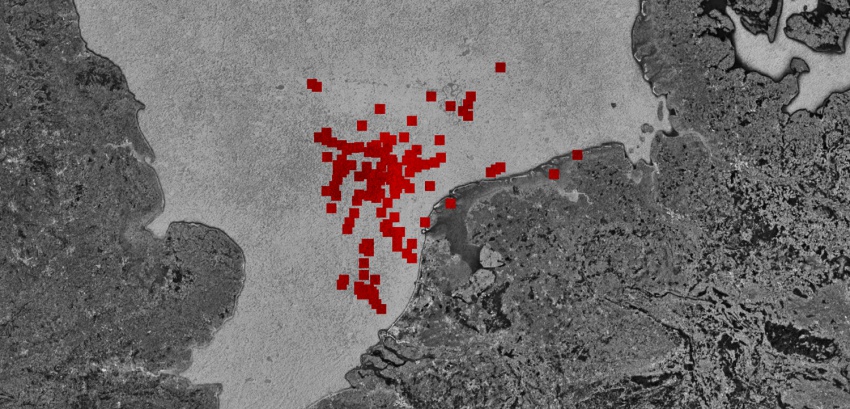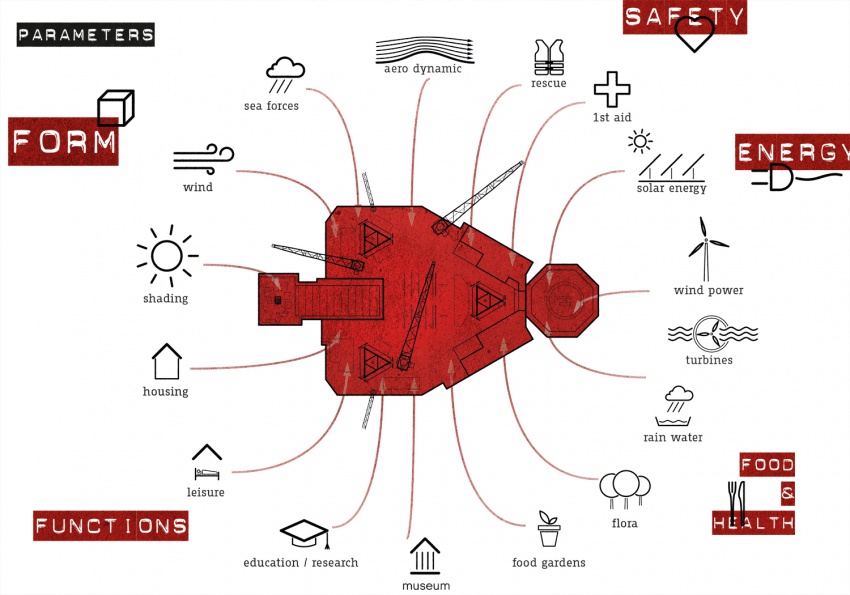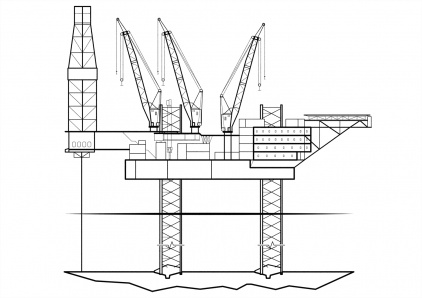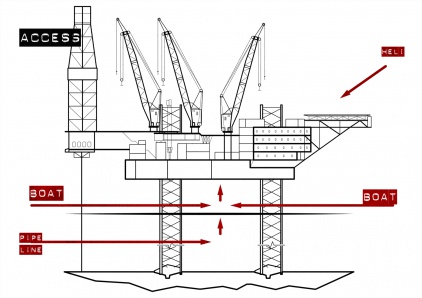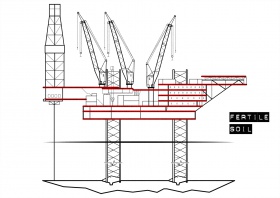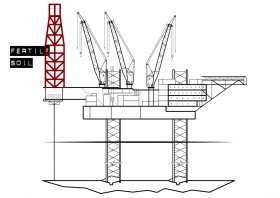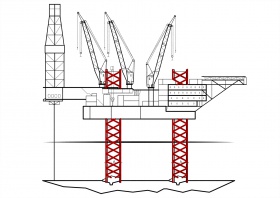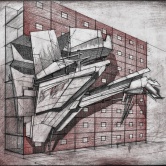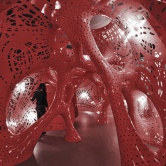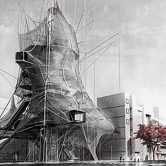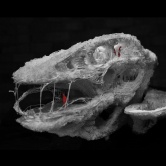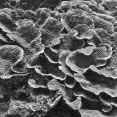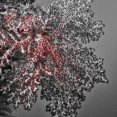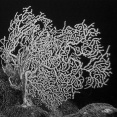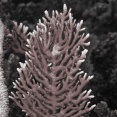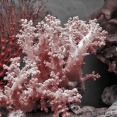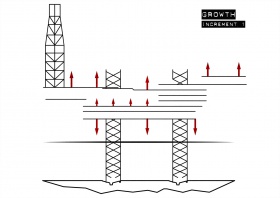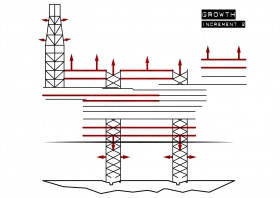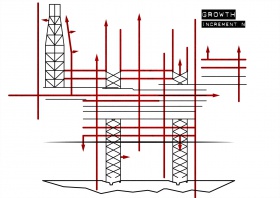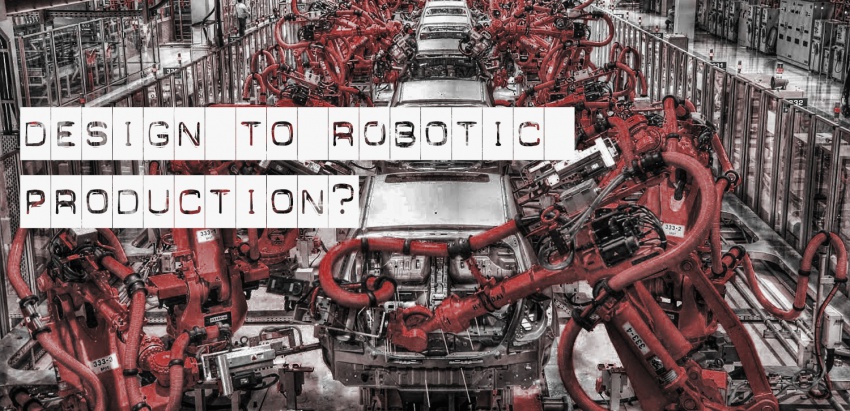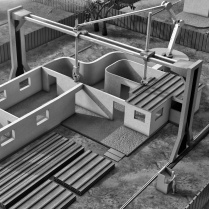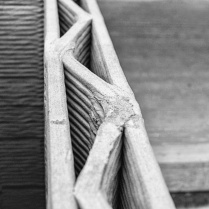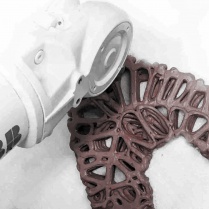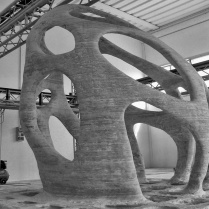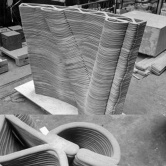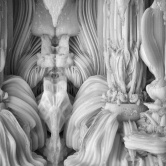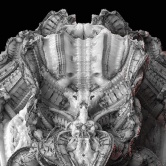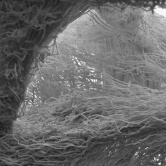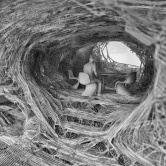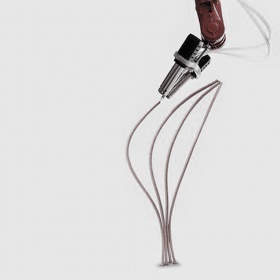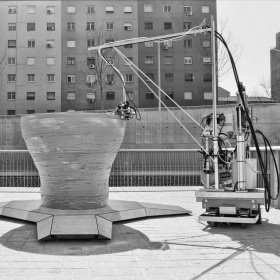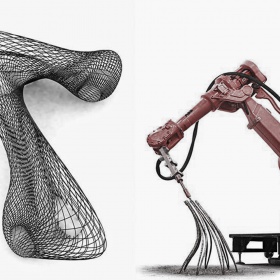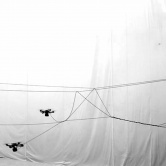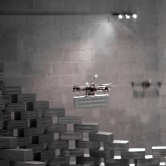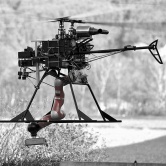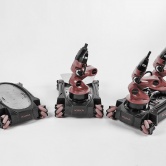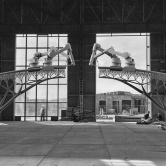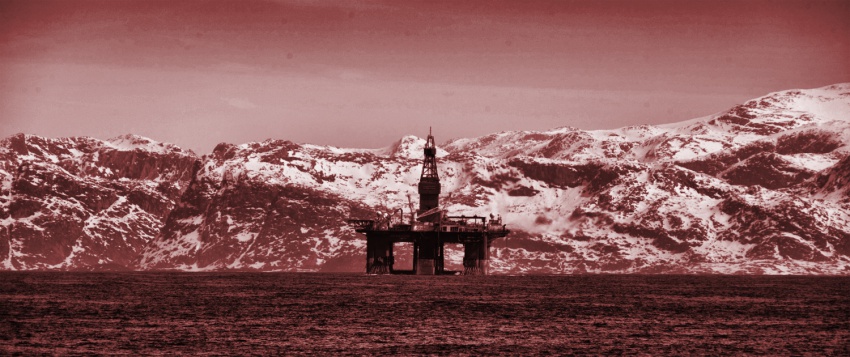Difference between revisions of "project01:P1"
From rbse
(→Analysis) |
|||
| (128 intermediate revisions by 2 users not shown) | |||
| Line 1: | Line 1: | ||
<html> | <html> | ||
| − | <iframe src="// | + | <iframe width="850" height="350" src="https://www.youtube.com/embed/V1bd6gdyaT4?modestbranding=1&autohide=1&showinfo=0&controls=0&autoplay=1&loop=1&playlist=V1bd6gdyaT4" frameborder="0" ></iframe |
</html> | </html> | ||
| − | <div style="height:30px; width: | + | <div style="height:30px; width: 870px; margin:0px; padding: 0px; padding-top: 20px; border: 0px;"> |
| − | <div style="float:left; width: | + | <div style="float:left; width: 109px; height 30px; font-color: #323232; border: 2px solid #904e95; background-color: #e6e6e6; margin-right:10px;" align="center">[[project01:Frontpage|'''ROOGOTFL''']]</div> |
| − | <div style="float:left; width: | + | <div style="float:left; width: 109px; height 30px; font-color: #323232; border: 2px solid #9d5189; background-color: #e6e6e6; margin-right:10px;" align="center">[[project01:P1|'''P1 ''']]</div> |
| − | <div style="float:left; width: | + | <div style="float:left; width: 109px; height 30px; font-color: #323232; border: 2px solid #a9547e; background-color: #e6e6e6; margin-right:10px;" align="center">[[project01:P2|'''P2 ''']]</div> |
| − | <div style="float:left; width: | + | <div style="float:left; width: 109px; height 30px; font-color: #323232; border: 2px solid #b65772; background-color: #e6e6e6; margin-right:10px;" align="center">[[project01:P3|'''P3 ''']]</div> |
| − | <div style="float:left; width: | + | <div style="float:left; width: 109px; height 30px; font-color: #323232; border: 2px solid #c35b66; background-color: #e6e6e6; margin-right:10px;" align="center">[[project01:P4|'''P4 ''']]</div> |
| − | <div style="float:left; width: | + | <div style="float:left; width: 109px; height 30px; font-color: #323232; border: 2px solid #d05e5a; background-color: #e6e6e6; margin-right:10px;" align="center">[[project01:diverse|'''Diverse ''']]</div> |
| + | |||
| + | <div style="float:left; width: 109px; height 30px; font-color: #323232; border: 2px solid #dc614f; background-color: #e6e6e6; margin-right:10px;" align="center">[[project01:comments|'''P5''']]</div> | ||
</div> | </div> | ||
==Running Out Of Gas On The Fast Lane== | ==Running Out Of Gas On The Fast Lane== | ||
| − | |||
| − | |||
<i>Repurpose of abandoned drilling rigs in the North Sea (in 20-50 years)</i> | <i>Repurpose of abandoned drilling rigs in the North Sea (in 20-50 years)</i> | ||
| − | + | ||
<div align="justify"> Eventually either the oil and gas supply will be exhausted or society will develop methods to rely completely on eco-friendly energy sources. What will then happen to the oil industry and their factories and structures? In this hypothetical situation, offshore drilling rigs, structures made of billions of euros worth of steel and concrete, will need to be repurposed. These highly sophisticated platforms and jackets resist storms, frequent waves (resonance), and salt water. These abandoned rigs provide society with the opportunity to repurpose and even extend the site over and under water. This is the focus of my thesis. | <div align="justify"> Eventually either the oil and gas supply will be exhausted or society will develop methods to rely completely on eco-friendly energy sources. What will then happen to the oil industry and their factories and structures? In this hypothetical situation, offshore drilling rigs, structures made of billions of euros worth of steel and concrete, will need to be repurposed. These highly sophisticated platforms and jackets resist storms, frequent waves (resonance), and salt water. These abandoned rigs provide society with the opportunity to repurpose and even extend the site over and under water. This is the focus of my thesis. | ||
</div> | </div> | ||
| − | + | ||
| + | ==Concept== | ||
| + | |||
| + | [[File:Deepwater Horizon offshore drilling unit on fire 2010.jpg|422px]] | ||
| + | [[File:161101_stop-deep-sea-drilling-in-EU-13-07-10.jpg|422px]] | ||
| + | |||
| + | [[File:161101_maunsell-fort.jpg|422px]] | ||
| + | [[File:Offshore-Demolition.jpg|422px]] | ||
<div align="justify"> The idea is to maintain as much of the existing structure as possible to take advantage of the existing construction, which immediately drives down the costs. The rig also serves as fertile soil for a parasitic architecture. As an ever-growing structure, the first step requires addressing the base of the drilling rig, and then expanding. Due to the distance and the associated rough conditions, a new technique of building on the rig must be developed. A robotic manufacturing and production on site is worthy of further consideration. In that idea, materials can be delivered pre-fabricated to the rig’s offshore location, where the final assembly can be completed. Furthermore, research into certain (perhaps smart) materials, which can resist sea forces and are able to fit the desired architectural intentions, is required. As described earlier, the new parasite would grow incrementally on the platform. It is possible that the incremental process of growing and changing on the rig would never end: an ever growing, ever changing architecture (over decades), up to the scale of a small city. If that idea is found fruitful, an expansion system for structures must be developed. Relatedly, the immense structures underwater provide the opportunity for additional uses, while also creating the necessary soil to support structures. | <div align="justify"> The idea is to maintain as much of the existing structure as possible to take advantage of the existing construction, which immediately drives down the costs. The rig also serves as fertile soil for a parasitic architecture. As an ever-growing structure, the first step requires addressing the base of the drilling rig, and then expanding. Due to the distance and the associated rough conditions, a new technique of building on the rig must be developed. A robotic manufacturing and production on site is worthy of further consideration. In that idea, materials can be delivered pre-fabricated to the rig’s offshore location, where the final assembly can be completed. Furthermore, research into certain (perhaps smart) materials, which can resist sea forces and are able to fit the desired architectural intentions, is required. As described earlier, the new parasite would grow incrementally on the platform. It is possible that the incremental process of growing and changing on the rig would never end: an ever growing, ever changing architecture (over decades), up to the scale of a small city. If that idea is found fruitful, an expansion system for structures must be developed. Relatedly, the immense structures underwater provide the opportunity for additional uses, while also creating the necessary soil to support structures. | ||
| Line 41: | Line 48: | ||
<div align="justify"> If society wants to keep driving on the fast lane, it needs to consider the transformation of drilling rigs after their expiration date. They provide solutions for densification of cities, repurposing existing structures, and thinking of new possibilities for the existing world. | <div align="justify"> If society wants to keep driving on the fast lane, it needs to consider the transformation of drilling rigs after their expiration date. They provide solutions for densification of cities, repurposing existing structures, and thinking of new possibilities for the existing world. | ||
</div> | </div> | ||
| − | |||
[[File:160919 oil-rig ZF22pz2 red.gif|850px]] | [[File:160919 oil-rig ZF22pz2 red.gif|850px]] | ||
| + | |||
| + | ==In The Meanwhile...== | ||
| + | |||
| + | <b>Repurposing/Recycling Approaches</b> | ||
| + | |||
| + | [[File:160926_BNK_Noah-Oasis-Oil-Rig-Skyscraper-eVolo-2015-2.jpg|209px]] | ||
| + | [[File:160926 BNK Noah-Oasis-Oil-Rig-Skyscraper-eVolo-2015-4.jpg|209px]] | ||
| + | [[File:161101 b62e0ee5730db462781c8da4a72c2e7e.jpg|209px]] | ||
| + | [[File:161101_30be0b85e6490c76e53cb9a574514cbf.jpg|209px]] | ||
| + | |||
| + | |||
| + | <b>Demolishing Approaches</b> | ||
| + | |||
| + | [[File:161101_pioneering-spirit.jpg|422px]] | ||
| + | [[File:161101_VB10000web-9776.jpg|422px]] | ||
==Analysis== | ==Analysis== | ||
| Line 62: | Line 83: | ||
</div> | </div> | ||
</html> | </html> | ||
| + | |||
| + | |||
| + | <b>Rig Types + Specs</b> | ||
[[File:161024_condeep-platform.jpg|166px]] | [[File:161024_condeep-platform.jpg|166px]] | ||
| Line 68: | Line 92: | ||
[[File:161024_semi-submersible_rig.jpg|166px]] | [[File:161024_semi-submersible_rig.jpg|166px]] | ||
[[File:161024_spar-platform_rig.jpg|166px]] | [[File:161024_spar-platform_rig.jpg|166px]] | ||
| + | <b>Examples</b> | ||
[[File:161031 condeep-rig ref.jpg|166px]] | [[File:161031 condeep-rig ref.jpg|166px]] | ||
| Line 74: | Line 99: | ||
[[File:161031_semi-submersible-rig_ref.jpg|166px]] | [[File:161031_semi-submersible-rig_ref.jpg|166px]] | ||
[[File:161031_spar-rig_ref.jpg|166px]] | [[File:161031_spar-rig_ref.jpg|166px]] | ||
| + | |||
| + | ==Plans Jackup Rig== | ||
| + | |||
| + | <b>Elevation + Floor Plan</b> | ||
| + | |||
| + | [[File:161024 elevation.jpg|422px]] | ||
| + | [[File:161024 top-view.jpg|422px]] | ||
| + | |||
| + | |||
| + | <b>Floor Plans</b> | ||
| + | |||
| + | [[File:161024_decks-zoom.jpg|850px]] | ||
==Locations== | ==Locations== | ||
| + | |||
| + | <b>Growth Of North Sea Oil + Gas Production</b> | ||
<html> | <html> | ||
| Line 82: | Line 121: | ||
</div> | </div> | ||
</html> | </html> | ||
| + | |||
| + | |||
| + | <b>Locations North Sea</b> | ||
[[File:161025_north-sea.jpg|850px]] | [[File:161025_north-sea.jpg|850px]] | ||
| + | |||
| + | |||
| + | <b>Locations Dutch Shore</b> | ||
[[File:161025 north-sea dutch-shore.jpg|850px]] | [[File:161025 north-sea dutch-shore.jpg|850px]] | ||
| + | |||
| + | |||
| + | <b>Possible Platforms</b> | ||
<html> | <html> | ||
| Line 91: | Line 139: | ||
<script type="text/javascript"> | <script type="text/javascript"> | ||
| − | width= '422'; height='422'; border='0'; shownames='true'; latitude='52.5525'; longitude='3.741'; zoom='5'; maptype='0'; trackvessel='2442025'; fleet=''; | + | width= '422'; |
| + | height='422'; | ||
| + | border='0'; | ||
| + | shownames='true'; | ||
| + | latitude='52.5525'; | ||
| + | longitude='3.741'; | ||
| + | zoom='5'; | ||
| + | maptype='0'; | ||
| + | trackvessel='2442025'; | ||
| + | fleet=''; | ||
</script> | </script> | ||
<script type="text/javascript" src="//www.marinetraffic.com/js/embed.js"></script> | <script type="text/javascript" src="//www.marinetraffic.com/js/embed.js"></script> | ||
<script type="text/javascript"> | <script type="text/javascript"> | ||
| − | width= '422'; height='422'; border='0'; shownames='true'; latitude='54.04933'; longitude='5.437984'; zoom='5'; maptype='0'; trackvessel='2442012'; fleet=''; | + | width= '422'; |
| + | height='422'; | ||
| + | border='0'; | ||
| + | shownames='true'; | ||
| + | latitude='54.04933'; | ||
| + | longitude='5.437984'; | ||
| + | zoom='5'; | ||
| + | maptype='0'; | ||
| + | trackvessel='2442012'; | ||
| + | fleet=''; | ||
</script> | </script> | ||
<script type="text/javascript" src="//www.marinetraffic.com/js/embed.js"></script> | <script type="text/javascript" src="//www.marinetraffic.com/js/embed.js"></script> | ||
<script type="text/javascript"> | <script type="text/javascript"> | ||
| − | width= '422'; height='422'; border='0'; shownames='true'; latitude='56.51989'; longitude='3.220375'; zoom='5'; maptype='0'; trackvessel='538005011'; fleet=''; | + | width= '422'; |
| + | height='422'; | ||
| + | border='0'; | ||
| + | shownames='true'; | ||
| + | latitude='56.51989'; | ||
| + | longitude='3.220375'; | ||
| + | zoom='5'; | ||
| + | maptype='0'; | ||
| + | trackvessel='538005011'; | ||
| + | fleet=''; | ||
</script> | </script> | ||
<script type="text/javascript" src="//www.marinetraffic.com/js/embed.js"></script> | <script type="text/javascript" src="//www.marinetraffic.com/js/embed.js"></script> | ||
<script type="text/javascript"> | <script type="text/javascript"> | ||
| − | width= '422'; height='422'; border='0'; shownames='true'; latitude='60.85605'; longitude='2.64788'; zoom='5'; maptype='0'; trackvessel='351635000'; fleet=''; | + | width= '422'; |
| + | height='422'; | ||
| + | border='0'; | ||
| + | shownames='true'; | ||
| + | latitude='60.85605'; | ||
| + | longitude='2.64788'; | ||
| + | zoom='5'; | ||
| + | maptype='0'; | ||
| + | trackvessel='351635000'; | ||
| + | fleet=''; | ||
</script> | </script> | ||
<script type="text/javascript" src="//www.marinetraffic.com/js/embed.js"></script> | <script type="text/javascript" src="//www.marinetraffic.com/js/embed.js"></script> | ||
| Line 113: | Line 197: | ||
</html> | </html> | ||
| − | == | + | ==Parameters== |
| + | |||
| + | <b>Formfinding Parameters</b> | ||
| + | |||
| + | [[File:161024_formfinding_parameters.jpg|850px]] | ||
| + | |||
| + | |||
| + | <b>Accessibility</b> | ||
| + | |||
| + | [[File:161024_form_empty.jpg|422px]] | ||
| + | [[File:161024_form_access.jpg|422px]] | ||
| + | |||
| + | ==Incremental Growth + Parasitic Architecture== | ||
| + | |||
| + | <b>Potential On Existing Platform</b> | ||
| + | |||
| + | [[File:161024_form_floors.jpg|280px]] | ||
| + | [[File:161024_form_tower.jpg|280px]] | ||
| + | [[File:161024_form_structure.jpg|280px]] | ||
| + | |||
| + | |||
| + | <b>References + Inspiration</b> | ||
| + | |||
| + | [[File:161101_lebbeus-woods_war-and-architecture.jpg|166px]] | ||
| + | [[File:161101_dezeen_Movie-tour-of-Architecture-at-Show-RCA-2012-with-Alex-de-Rijke_1.jpg|166px]] | ||
| + | [[File:161101 marc-fornes 141004-storefront-ny-010 s.jpg|166px]] | ||
| + | [[File:160926_BNK_3df7ed70ac8900489d5d7642757113cbfdc57bdd_m.jpg|166px]] | ||
| + | [[File:161101 spftkill-design protohouse.jpg|166px]] | ||
| + | |||
| + | |||
| + | <b>Growth In Nature/Corals</b> | ||
| + | |||
| + | [[File:161102_7fb54078cdc2976403a07cb396c7632d.jpg|117px]] | ||
| + | [[File:161102_09_Shinkoku-SoftCoral3.jpg|117px]] | ||
| + | [[File:161102_coral.jpg|117px]] | ||
| + | [[File:161102_coral_yellow_big.jpg|117px]] | ||
| + | [[File:161102_Millepora_alcicornis_(Branching_Fire_Coral).jpg|117px]] | ||
| + | [[File:161102_pink-coral.jpg|117px]] | ||
| + | [[File:161102_xLnKMg.jpg|117px]] | ||
| + | |||
| + | <html> | ||
| + | <iframe src="//giphy.com/embed/l2JhAouzxrVVBaZLa" width="422" height="225" frameBorder="0" class="giphy-embed" allowFullScreen></iframe> | ||
| + | <iframe src="//giphy.com/embed/3o7TKWqIUQ20snl4Qg" width="422" height="225" frameBorder="0" class="giphy-embed" allowFullScreen></iframe> | ||
| + | </html> | ||
| + | |||
| + | |||
| + | <b>Incremental Growth</b> | ||
| + | |||
| + | [[File:161024_form_structure_growth.jpg|280px]] | ||
| + | [[File:161024_form_structure_growth-2.jpg|280px]] | ||
| + | [[File:161024_form_structure_growth-3.jpg|280px]] | ||
| + | |||
| + | ==Design To Robotic Production== | ||
| + | |||
| + | [[File:161101 roboticscar.jpg|850px]] | ||
| + | |||
| + | |||
| + | <b>Large Scale 3D Printing History</b> | ||
| + | |||
| + | [[File:161102_CC_Curve_House.jpg|209px]] | ||
| + | [[File:161102_CC_o-WALL-TOP-VIEW-900.jpg|209px]] | ||
| + | [[File:161102_hyperbody_ceramic-3dphrl_robotic3dprinting-02.jpg|209px]] | ||
| + | [[File:161102_d-shape-3dp_Radiol_05.jpg|209px]] | ||
| + | |||
| + | |||
| + | <b>Large Scale 3D Printing S-O-T-A</b> | ||
| + | |||
| + | [[File:161102_dirrenberger_1-s2.jpg|166px]] | ||
| + | [[File:161101_benjamin-dillenburger_arabesque-wall.jpg|166px]] | ||
| + | [[File:161102_dillenburger_arabesque_design_development1-960x540.jpg|166px]] | ||
| + | [[File:161102_softkill-protohouse_print.jpg|166px]] | ||
| + | [[File:161102_softkill_render_interior01.jpg|166px]] | ||
| + | |||
| + | |||
| + | <b>Latest 3D Printing Techniques</b> | ||
| + | |||
| + | [[File:161101_iaac-anti-gravity-3d-printing-3.jpg|280px]] | ||
| + | [[File:161101 iiac-mini-robots.jpg|280px]] | ||
| + | [[File:161101_MX3D_freewform-welding.jpg|280px]] | ||
| + | |||
| + | |||
| + | <b>On Site Robotic Production</b> | ||
| + | |||
| + | [[File:161101_flying-machine-arena_dronesbridge.jpg|166px]] | ||
| + | [[File:161101_drone_brick_image-2.imageformat.lightbox.jpg|166px]] | ||
| + | [[File:161101 Aufnahme und Transport eines mobilen Inspektionsroboters mit Hilfe eines fliegenden Armes xl.jpg|166px]] | ||
| + | [[File:161101_KUKA_youBot_picture.jpg|166px]] | ||
| + | [[File:161101 3D-printed-bridge-by-MX3D dezeen 01.jpg|166px]] | ||
| + | |||
| + | ==Collaborations== | ||
| + | |||
| + | <b>10XL</b> | ||
| + | |||
| + | <html> | ||
| + | <div style="-webkit-filter: grayscale(1);"> | ||
| + | <embed src=http://10-xl.nl/#1 width="850" height="450"> </embed> | ||
| + | </div> | ||
| + | </html> | ||
| + | |||
| + | |||
| + | <b>Royal Delft</b> | ||
| + | |||
| + | <html> | ||
| + | <div style="-webkit-filter: grayscale(1);"> | ||
| + | <embed src=http://www.royaldelft.com/home_en width="850" height="450"> </embed> | ||
| + | </div> | ||
| + | </html> | ||
| − | [[File: | + | [[File:161102 Arctic-oil-campaign2.jpg|850px]] |
Latest revision as of 12:07, 10 February 2018
Contents
Running Out Of Gas On The Fast Lane
Repurpose of abandoned drilling rigs in the North Sea (in 20-50 years)
Eventually either the oil and gas supply will be exhausted or society will develop methods to rely completely on eco-friendly energy sources. What will then happen to the oil industry and their factories and structures? In this hypothetical situation, offshore drilling rigs, structures made of billions of euros worth of steel and concrete, will need to be repurposed. These highly sophisticated platforms and jackets resist storms, frequent waves (resonance), and salt water. These abandoned rigs provide society with the opportunity to repurpose and even extend the site over and under water. This is the focus of my thesis.
Concept
The idea is to maintain as much of the existing structure as possible to take advantage of the existing construction, which immediately drives down the costs. The rig also serves as fertile soil for a parasitic architecture. As an ever-growing structure, the first step requires addressing the base of the drilling rig, and then expanding. Due to the distance and the associated rough conditions, a new technique of building on the rig must be developed. A robotic manufacturing and production on site is worthy of further consideration. In that idea, materials can be delivered pre-fabricated to the rig’s offshore location, where the final assembly can be completed. Furthermore, research into certain (perhaps smart) materials, which can resist sea forces and are able to fit the desired architectural intentions, is required. As described earlier, the new parasite would grow incrementally on the platform. It is possible that the incremental process of growing and changing on the rig would never end: an ever growing, ever changing architecture (over decades), up to the scale of a small city. If that idea is found fruitful, an expansion system for structures must be developed. Relatedly, the immense structures underwater provide the opportunity for additional uses, while also creating the necessary soil to support structures.
The newly developed architecture can deliver various functions, which can be combined. In the future, it is possible to imagine a scenario of a network of small offshore cities, which have been developed out of useless drilling rigs. These different functions include housing, leisure (hotel), research/labs, education, renewable energy center (wind, water), revitalizing the sea, and connections/network of offshore rig islands.
The rough sea conditions and the depth at which these rigs are located reveal the biggest obstacles. Additionally, maintenance of the original structures is crucial. A plan for continued maintenance and upkeep must be developed and followed. Cultural aspects, such as the distance and associated isolation compared to onshore cities will play a major role and also requires consideration. Solutions for these concerns must be developed as soon as possible.
If society wants to keep driving on the fast lane, it needs to consider the transformation of drilling rigs after their expiration date. They provide solutions for densification of cities, repurposing existing structures, and thinking of new possibilities for the existing world.
In The Meanwhile...
Repurposing/Recycling Approaches
Demolishing Approaches
Analysis
Rig Types + Specs
Plans Jackup Rig
Elevation + Floor Plan
Floor Plans
Locations
Growth Of North Sea Oil + Gas Production
Locations North Sea
Locations Dutch Shore
Possible Platforms
Parameters
Formfinding Parameters
Accessibility
Incremental Growth + Parasitic Architecture
Potential On Existing Platform
References + Inspiration
Growth In Nature/Corals
Incremental Growth
Design To Robotic Production
Large Scale 3D Printing History
Large Scale 3D Printing S-O-T-A
Latest 3D Printing Techniques
On Site Robotic Production
Collaborations
10XL
Royal Delft
